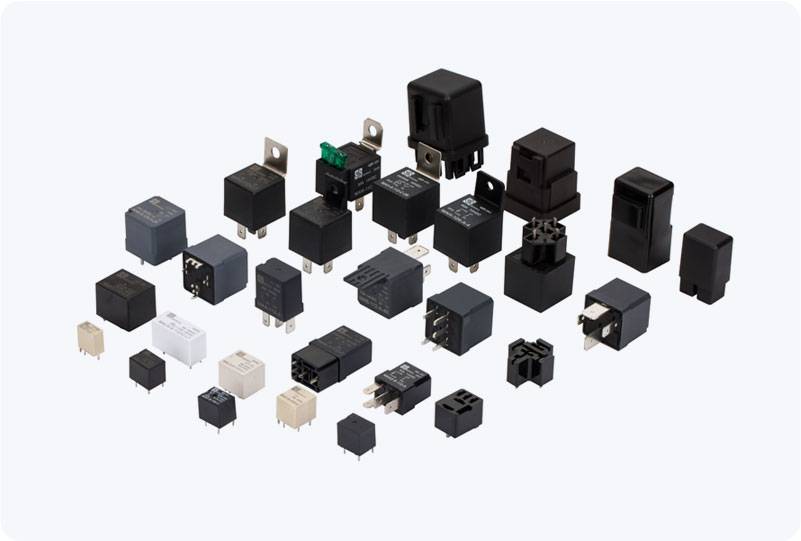automotive relay coil specifications: understanding the essential parameters
Release time:2025-07-21 17:13:36
Automotive relays are crucial components in vehicle electrical systems. They control high-power devices by using a low-power signal to activate or deactivate them. One of the most essential parts of a relay is its coil, which creates the magnetic field necessary to operate the relay's switch. In this article, we will explore the key specifications of Automotive relay coils, which are vital for ensuring reliable performance in a vehicle's electrical system.

1. Coil Voltage
The coil voltage, also known as the "nominal voltage," is one of the most important specifications when choosing an
Automotive relay. Automotive relays typically operate at either 12V or 24V, depending on the vehicle's electrical system. Most passenger vehicles use a 12V electrical system, while commercial trucks and buses often use a 24V system. The coil voltage indicates the voltage required to activate the relay. If the voltage is too high or too low, it can lead to improper relay operation, including failure to engage or disengage.
For example, a 12V relay coil will work effectively with a 12V electrical system but may fail to operate correctly in a 24V system, potentially damaging the coil or the relay as a whole.

